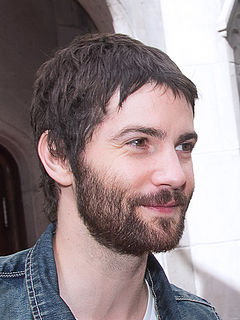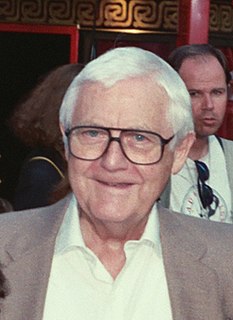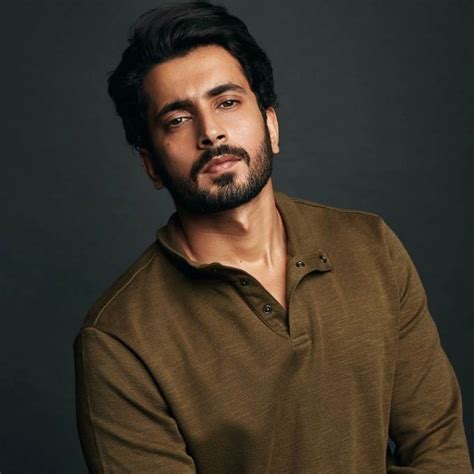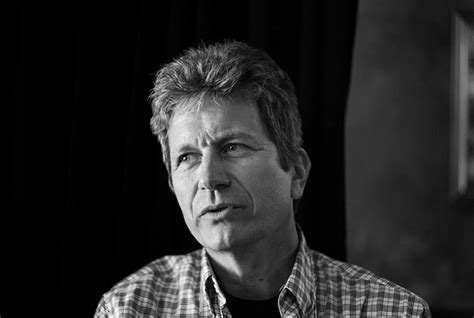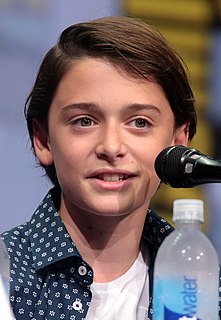A Quote by Tom Green
I always try to approach things from the point of authenticity. I've done that for my short films, working with non-actors from the real environments where you go exploring and placing them into the cast alongside professional actors.
Related Quotes
British actors come at acting from a slightly different angle. Because a lot of the films are cast out there, they are so used to the angle from which the Americans, and certainly the young guys from L.A., are coming at it, that I think it's interesting for them to find these English actors who maybe approach acting from a different place.
I don't want to take shots at professional actors, because obviously the great ones are great. But I do think that given the kind of stories I've been telling in my films, it's hard for me to imagine how professional actors would have done better. And it's easy for me to imagine how they would have done worse. Because I think a lot of what an actor is trained to do and a lot of what an actor's instincts point toward is clarification, is always making it clear what's happening in the story, how the character fits into the scene, what the character wants.
British actors come at acting from a slightly different angle. Because a lot of the films are cast out there, they are so used to the angle from which the Americans, and certainly the young guys from LA, are coming at it, that I think it's interesting for them to find these English actors who maybe approach acting from a different place.
In this type of cinema, whether working with actors or non-actors, as much as you do direct them, if you allow yourself to be directed by them, then the end result will be much more pleasing. The real and individual strengths of the actors is allowed to be expressed and is something that does affect the audience very deeply.
Actors are professionals who deal with people's emotions and their thoughts. So, working with this very intelligent, smart cast meant that sometimes I would only have to start speaking a word and these wonderful actors would immediately catch onto what I wanted them to portray, and how I wanted them to act.
Everyone always asks me, 'What advice did they give you on set?' but when you work with amazing actors like Anjelica Huston, Winona Ryder and Tom Hanks, the special thing about working with these people is getting to act alongside them. You see the decisions they make and the things they do. You learn from what they do and follow their footsteps.

